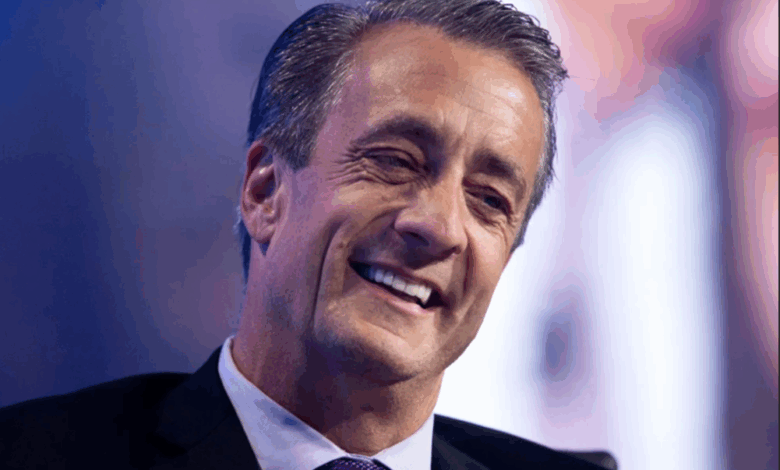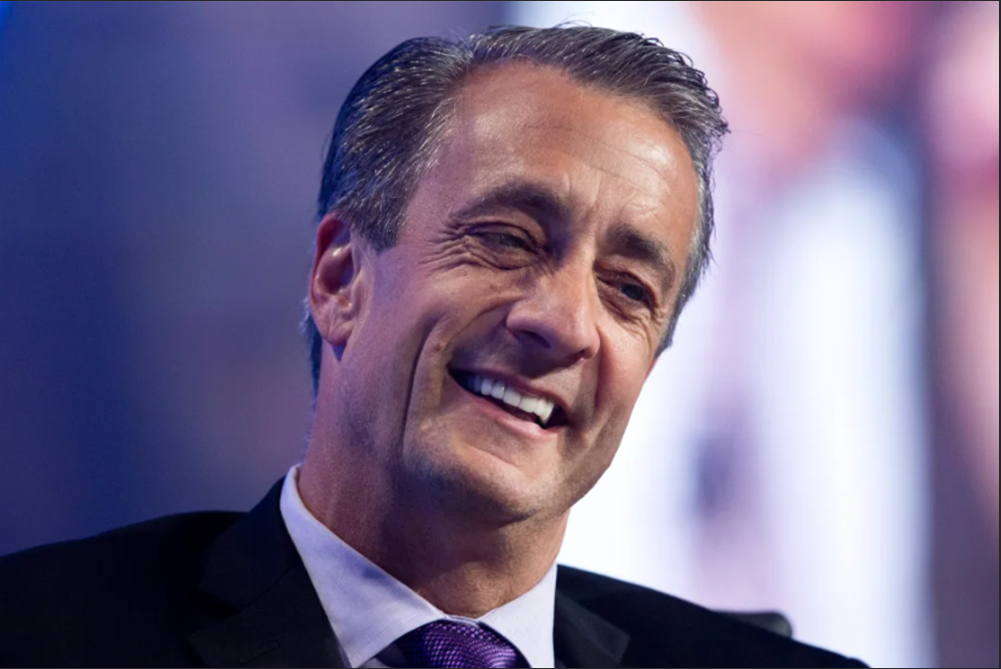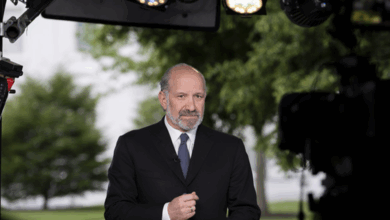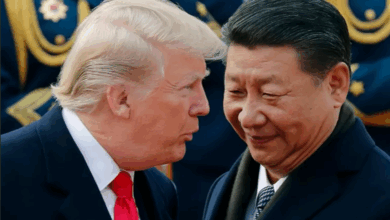FedEx board member David Steiner to be next US postmaster general

The US Postal Service Board of Governors announced Friday that David Steiner, a board member at FedEx, will be the next postmaster general—a move that comes amid concerns the Trump administration will press for privatization of the independent government agency.
Steiner, who also served in leadership positions at Waste Management, will now supervise a mail delivery service that employs 635,000 workers. In a statement Friday, he said he is committed to maintaining the USPS’s independence.
“I deeply admire the public service and business mission of this institution, and I believe strongly in maintaining its role as an independent establishment of the executive branch,” Steiner said.
Steiner’s appointment comes after his predecessor, Louis DeJoy, inexplicably resigned in late March, a month after he asked the board to begin searching for his successor. DeJoy served in the top role for five years, helming the agency through the pandemic, financial losses, and elections that saw increases in mail-in ballots.
In response to reports earlier this week that Steiner could be named the next postmaster general, Rep. Gerry Connolly, the top Democrat on the House Oversight Committee, warned that Steiner’s appointment would be a “blatant conflict of interest and an attempt by President Trump to install a handpicked loyalist.”
Following the board’s announcement, Connolly and Government Operations Subcommittee ranking member Rep. Kweisi Mfume said the panel “will be keeping a very close eye on the actions of the new postmaster.”
“The American people deserve and expect an independent, fair, and accessible Postal Service that operates without prejudice or political influence,” the Democrats said in a statement. “It is our sincere hope that as Postmaster General, Mr. Steiner will put the interests of the American people and the U.S. Postal Service ahead of any whims or demands of an administration that has failed to respect the independence of this trusted institution and has instead worked to undermine and privatize America’s mail service.”
Steiner, who said he is looking “forward to engaging with” unions, is already confronting opposition. The National Association of Letter Carriers, a union that represents postal carriers, said earlier this week that Steiner’s selection would be a conflict of interest given his role at FedEx, one of USPS’ competitors.

“His selection isn’t just a conflict of interest—it’s an aggressive step toward handing America’s mail system over to corporate interests,” NALC President Brian Renfroe said in a statement Tuesday. “Private shippers have been waiting to get USPS out of parcel delivery for years. Steiner’s selection is an explicit invitation to do just that.”
Steiner will step down from FedEx’s Board of Directors, USPS said in its announcement. The former executive is in July.
President Donald Trump has called for significant changes to USPS, which is already several years into a reorganization effort.
He has proposed proposals to give Secretary of Commerce Howard Lutnick supervision of the agency, which is presently supervised by its board of governors, not a Cabinet secretary. The president has also suggested a “merger.”
“Well, we want to have a post office that works well and doesn’t lose massive amounts of money, and we’re doing that, and it will be a form of a merger,” Trump said at Lutnick’s swearing-in ceremony in February. “It’ll remain the Postal Service, and I think it’ll operate a lot better than it has been over the years.”
The measure could be a first step towards privatization—a change tech entrepreneur and White House adviser Elon Musk called for in March.
Before DeJoy departed the agency, he made an agreement with the Musk-led Department of Government Efficiency to work with the USPS, concentrating on retirement assets and the Workers’ Compensation Program. In a letter sent in March to Congress announcing the agency’s collaboration with DOGE, DeJoy also previewed plans to eliminate 10,000 employees through a voluntary early retirement program—adding to the approximately 30,000 employees who were cut from the agency since 2021.




